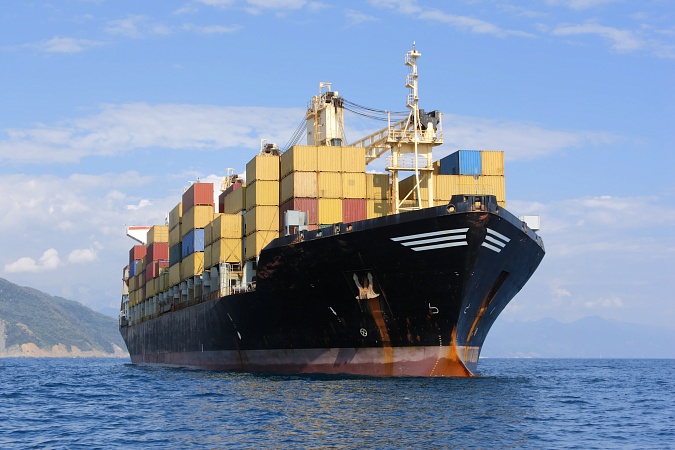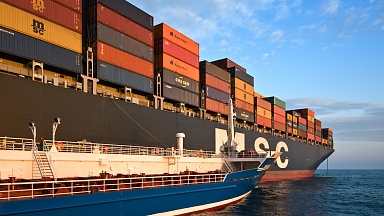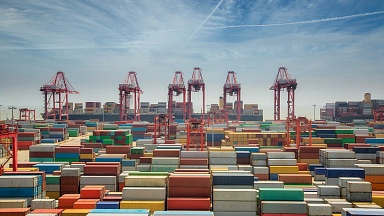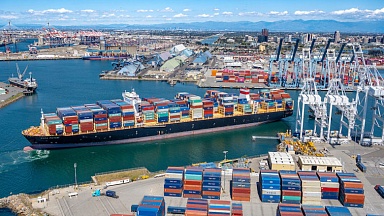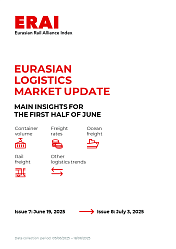Ocean carriers remain in pole position in negotiations for long-term freight contracts, with high demand, port congestion and supply chain disruption driving further rates increases, according to the Xeneta, the rate benchmarking and market intelligence platform.
«It remains a very challenging market for shippers, and a very profitable one for carriers,» sais Patrik Berglund, CEO. «We’re not dealing with the astronomical increases we’ve experienced in past months — and indeed some trades are experiencing slight rates reductions — but overall the arrow remains pointing resolutely skywards.»
According to the Xeneta Shipping Index (XSI®) Public Indices, long-term rates recorded their tenth consecutive month-on-month rise in October, climbing by 2.2%. «The indices now stand at a colossal 93.1% up year-on-year, with little hope of relief on the horizon for embattled shippers,» says the company.
«Shippers want predictability,» said Berglund, «and that’s especially true when key trading periods, such as Christmas, are on the horizon. However, instead of that they’re getting clogged supply chains, limited (or zero) available carrier capacity, rates they can’t control, and a growing sense of uncertainty. All in all, a dream year for the carriers is an ongoing nightmare for them.»
Regionally, the rates picture was more mixed in October than recent months. European imports on the XSI® had a marginal decline of 3.7% — the first month-on-month fall since June. However, the index still stands 122.1% against this time last year. European exports also dipped slightly, falling by 2.2% across October, but remain 50% up year-on-year.
In Asia, imports on the XSI® fell, by 3.2% (up 49.9% against October 2020), while the export benchmark surged ahead with a 7.9% month-on-month boost. It is now some 136.2% higher than this time last year.
In the US, both import and export benchmarks fell moderately, the former by 1.5% and the latter by 3.5%. However, strong growth throughout 2021 leaves import rates 64% higher and exports up 15.8% on a year-on-year basis.
Berglund admitted it is difficult to read too much into the current fluctuations. «After such a prolonged period of rates growth it would be easy to anticipate an adjustment downwards, but with all the supply chain challenges, continued lack of capacity and ongoing demand, I certainly wouldn’t count on it.»
He added: «Carriers are still sitting pretty in a sellers’ market and, basically, calling the shots. For example, Maersk is reportedly shunning business from some freight forwarders in an effort to deal directly with cargo owners. In doing so, it’s seeking to provide a single end-to-end solution on key lanes and maximise profits. Some, such as CLECAT, the European Association for Forwarding, may suggest this is an abuse of power. That’s up for debate. But the fact it’s a demonstration of power certainly is not in question.»
